Birds have been giving me a lot of grief of late. There’s Tappy — the blue tit who has built his nest just underneath my bedroom window and makes rat-like scuffling noises that bother me at night and wake me early in the morning. And Hoppy, a mistle thrush fledgling who can’t quite fly yet, which means we have to keep the cat indoors, which means I have to deal with its horrible shit in the litter tray every day before breakfast. And the rookery in the big ash, whose inhabitants are very vocal, especially when one of their babies falls out of the nest and gets devoured by the dog.
I may be only a couple of dawn choruses away from losing it altogether, as my fellow Brummie Ozzy Osbourne once famously did with a pair of white doves. He had brought the doves into the offices of his record company, supposedly as a peace gesture to show that there was still life in his career now that he had left Black Sabbath.
The story — Osbourne gets drunk and, bored, bites birds’ heads off — is usually told to indicate just how dangerous, unhinged and metal Ozzy is. But actually, it tells us much more about the dark, calculating genius of his manager (and now wife) Sharon. Instead of trying to suppress the ugly story, which threatened to finish what was left of Osbourne’s career, she promoted it everywhere. His album, Blizzard of Ozz, went on to sell millions.
Sharon was an interesting choice to present Rock ’n’ Roll’s Dodgiest Deals (BBC4, Friday) on how rock stars are ripped off and exploited, given that that’s largely what her dad Don Arden — also a manager — did to bands such as the Small Faces. After the boys had had a string of hits, their parents went round to confront Arden, asking why their kids still had so little money. ‘They’ve spent it all on drugs,’ lied Arden.
But at least they had pocket money, accounts at Lord John of Carnaby Street, and a nice flat rented for them in Pimlico next to Honor Blackman’s. The Animals, who clearly would have been better off with a manager like Arden, got almost nothing for their ‘House of the Rising Sun’. According to singer Eric Burdon, when they went out to the Bahamas, where the $4 million they’d made was being held for their safekeeping, the holding bank— if it ever existed — had disappeared.
How accurate were these stories? Hard to say given that this was more an exercise in nostalgia than a properly forensic examination of how rock stars make their money. What’s clear is that the music industry’s reputation for swarming with bloodsucking parasites has not been overdone — and that bands really do need their Ardens, their Peter (Led Zeppelin) Grants and their Miles Copelands if they’re not to end up in penury.
Copeland made his brother Stewart’s band the Police rich by paying for their own initial recording costs. This meant that when he approached A&M with the finished product — including a promising-sounding single called ‘Roxanne’ — he would demand the highest possible royalty rate (a then almost unheard of 18 per cent). If the record tanked, A&M had no sunk costs to recover.
The other clever thing Copeland did — really, in this game, you need an accountant more than you need talent — was to ensure that after seven years all the Police’s publishing rights reverted.
Unlike those of the Beatles. Lennon and McCartney at first thought they were very canny, setting up their own songwriting publisher — Northern Songs — with Dick James (the man who’d once sung ‘Rarbin Hood, Rarbin Hood riding through the glen…’). It meant they’d get royalties not just from their own performances but also from covers such as the version of ‘All My Loving’ that a band of cartoon monkeys did in squeaky voices like Pinky and Perky. ‘Yesterday’ alone was covered 450 times in the first 18 months after its release.
But they made the mistake of dissing Dick James (calling him ‘a pig’), who sold their publishing company to Lew Grade’s ATV, which in turn sold it to Michael Jackson and thence to Sony. According to the programme, their publishing catalogue is now worth $500 million, which sounds like an underestimate to me.
Got something to add? Join the discussion and comment below.
Get 10 issues for just $10
Subscribe to The Spectator Australia today for the next 10 magazine issues, plus full online access, for just $10.
You might disagree with half of it, but you’ll enjoy reading all of it. Try your first month for free, then just $2 a week for the remainder of your first year.


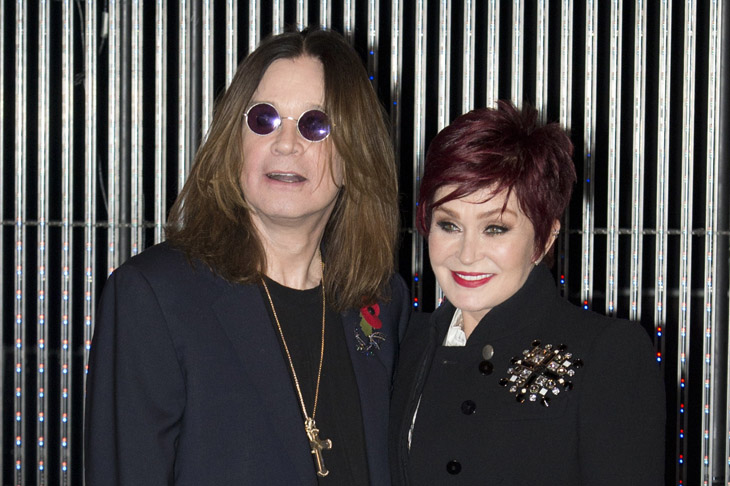

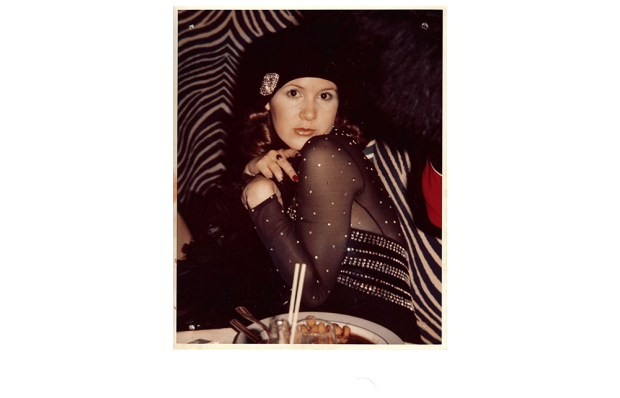

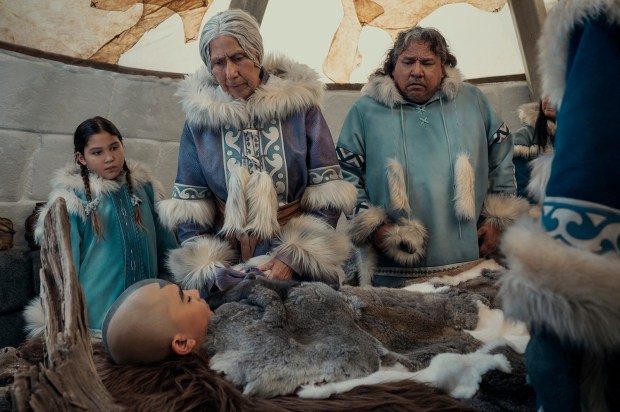
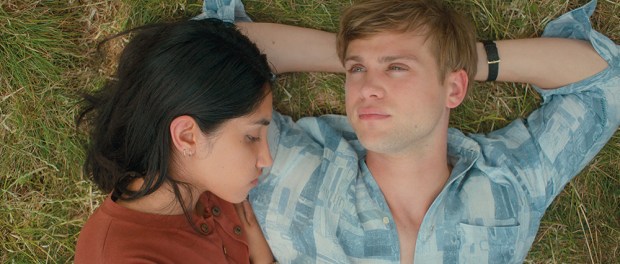
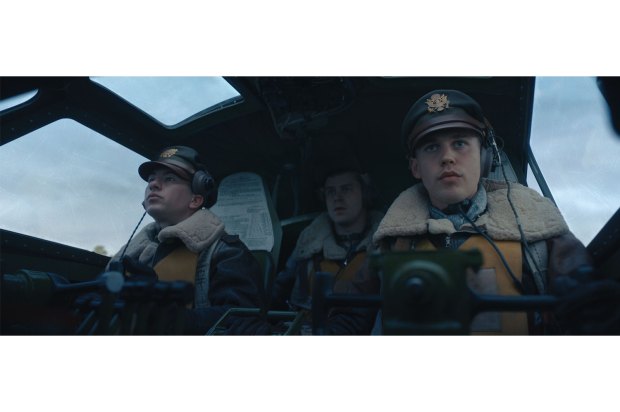






Comments
Don't miss out
Join the conversation with other Spectator Australia readers. Subscribe to leave a comment.
SUBSCRIBEAlready a subscriber? Log in